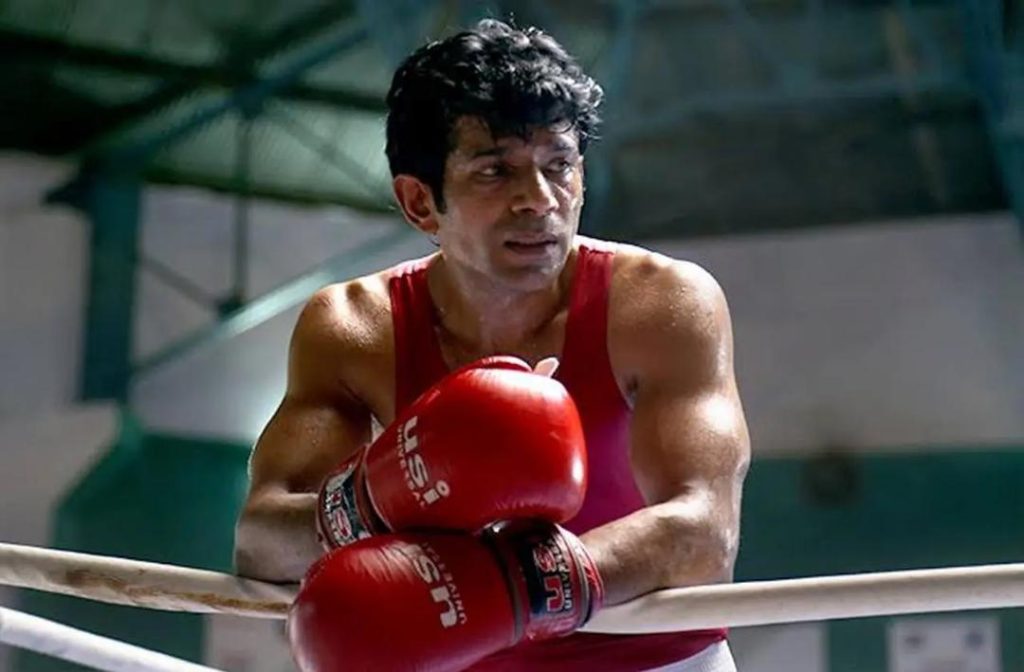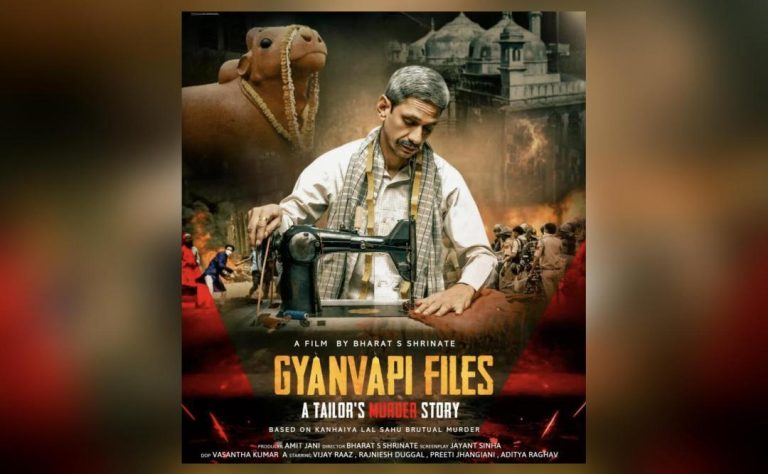
Title: Akhtar saw Mukkabaaz & said, ‘You don’t like making money’: Anurag
The world of cinema is not just about storytelling, it’s also about making a profit. Many filmmakers take this into consideration while making their films, trying to balance their artistic vision with the commercial viability of the project. But what happens when a filmmaker’s creative vision clashes with the desire to make money? This is exactly what happened with Anurag Kashyap’s film Mukkabaaz, and it’s a story that has an interesting twist.
In a recent interview, Anurag Kashyap revealed that well-known screenwriter and poet Javed Akhtar told him that if he had shown Vineet Kumar Singh’s character winning at the end of Mukkabaaz, it would have been a hit. But Anurag refused to make the film that way, even though it would have been commercially successful. The reason behind this decision was Anurag’s desire to show the harsh reality of Indian sports, something that he felt was missing from mainstream cinema.
Mukkabaaz, a 2017 film, tells the story of a boxer who is forced to compromise his values in order to succeed in the sport. The film received critical acclaim and was a commercial success, but it was not without its controversies. The film’s portrayal of the Indian boxing scene was seen as quite realistic, and many felt that it was an exposé of the corruption and politics that exist in the sport.
Anurag Kashyap has always been known for his bold and uncompromising style of filmmaking, and Mukkabaaz is no exception. The film’s script was written by Anurag himself, and it’s clear that he was driven by a desire to tell a story that needed to be told. The film’s success is a testament to the power of independent cinema, and it’s a reminder that not all films need to be commercially successful to be worthwhile.
Akhtar’s comments about Mukkabaaz are interesting, and they highlight the tension that exists between artistic vision and commercial success. While it’s true that a film with a more conventional ending might have been more commercially successful, Anurag felt that it would have compromised the integrity of the story. As a filmmaker, Anurag has always been willing to take risks and challenge his audience, and Mukkabaaz is a perfect example of this.
The film’s portrayal of the Indian boxing scene is not just a critique of the sport itself, but also a commentary on the broader issues that exist in Indian society. The film highlights the corruption and nepotism that exist in the sport, and it shows how these issues can have a profound impact on the lives of those involved. It’s a powerful and thought-provoking film that challenges its audience to think differently about the sport and its place in Indian society.
Anurag’s refusal to compromise his vision for the sake of commercial success is a testament to his commitment to his craft. As a filmmaker, Anurag has always been driven by a desire to tell stories that need to be told, and he’s never been afraid to take risks to achieve this. Mukkabaaz is a perfect example of this, and it’s a film that will continue to be remembered for years to come.
In conclusion, the story of Mukkabaaz and Javed Akhtar’s comments about the film highlight the tension that exists between artistic vision and commercial success. While it’s true that a film with a more conventional ending might have been more commercially successful, Anurag felt that it would have compromised the integrity of the story. As a filmmaker, Anurag has always been willing to take risks and challenge his audience, and Mukkabaaz is a perfect example of this. The film’s portrayal of the Indian boxing scene is a powerful and thought-provoking commentary on the issues that exist in the sport and in Indian society, and it’s a reminder of the importance of independent cinema in challenging our perceptions and pushing the boundaries of storytelling.






